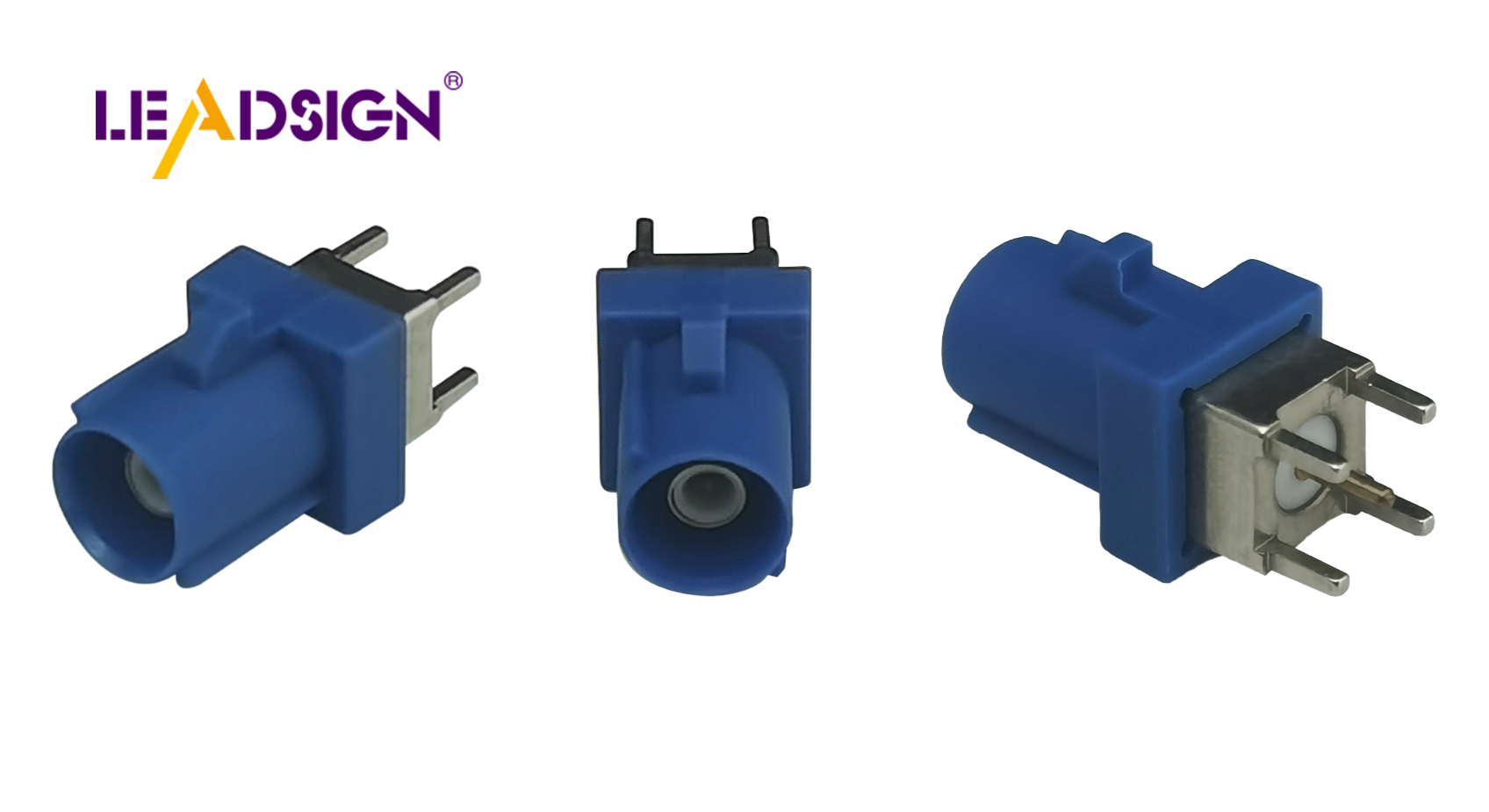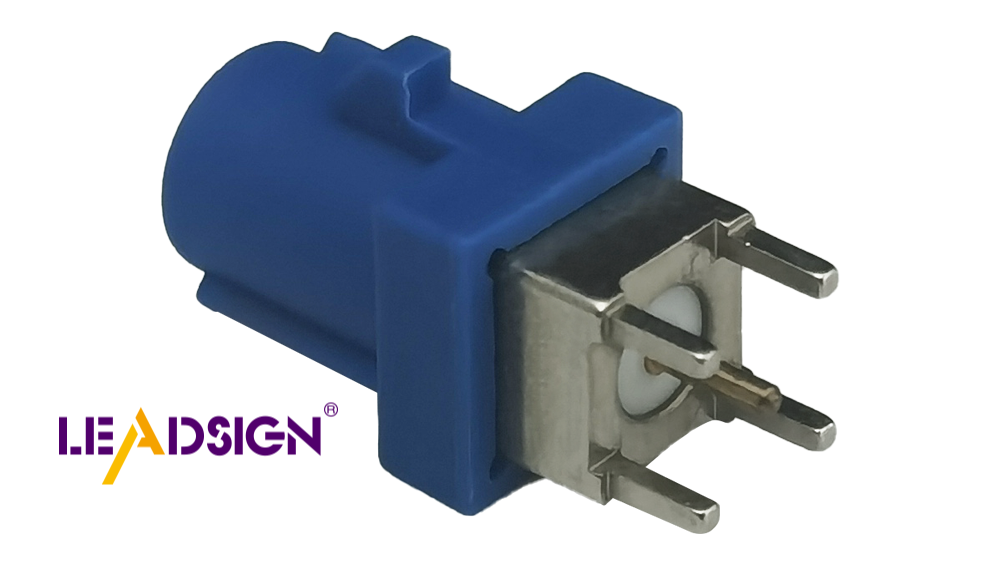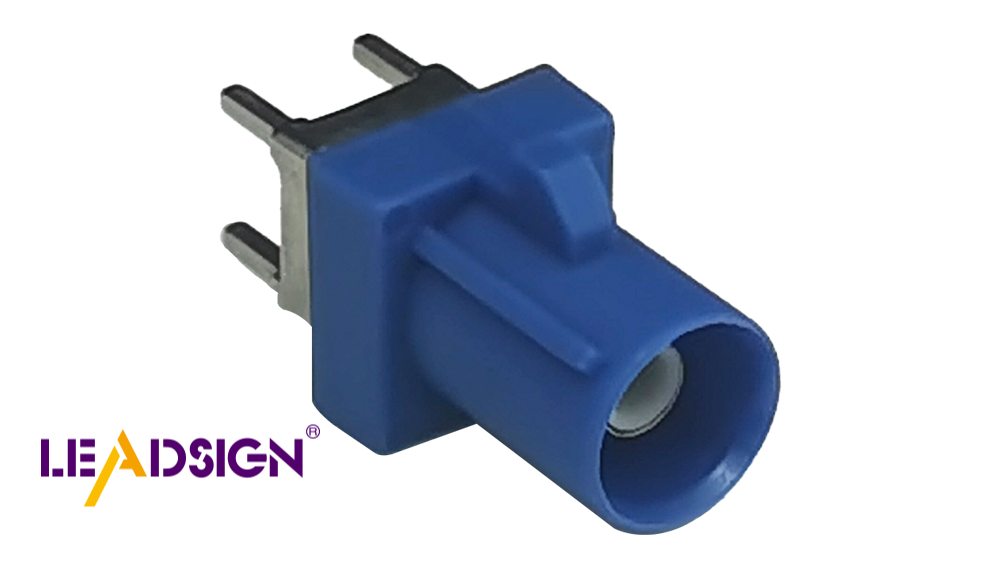Selecting Automotive Harness Connectors Made Simple in 2025

Choosing the right automotive harness connectors can seem hard. But it’s very important for your car’s safety and performance. Picking the wrong one can cause wiring problems or system issues. Here are some common problems to watch for:
Factor | Description |
|---|---|
Current rating | Make sure connectors handle the system’s current. This avoids resistance, wear, voltage drops, and failures. |
Voltage rating | Too much voltage can cause sparks, damage, or safety risks. |
Environmental Conditions | Think about heat, cold, water, or dirt. Pick connectors with good protection for these. |
Mechanical factors | Connectors should handle shaking and movement. Locking parts and strain relief help keep them secure. |
Type of termination | How wires connect (soldering, crimping, screw-on) affects signal quality and ease of use. |
Material | Connectors can be plastic or metal. Plastic is light and strong. Metal is better for tough jobs. |
By knowing these factors, you can avoid mistakes. This keeps your car working well for a long time.
Key Takeaways
Pick connectors that work with your car's electrical system. Check your car manual to know what is needed.
Use strong connectors made from tough materials. This makes them last longer and work well in hard conditions.
Try connectors before using them to check they fit right and work well. This stops future electrical troubles.
Understanding Automotive Harness Connectors

What Are Automotive Harness Connectors?
Automotive harness connectors are small but very important parts. They connect wires, cables, and circuit boards in your car. Think of them as the parts that hold your car’s electrical system together. Without them, your car’s systems couldn’t work or talk to each other.
These connectors do more than just join wires. They make sure connections stay tight, even on bumpy roads. Many have locks to stop them from coming apart. Some even give a click or feel when installed right. This helps your car stay safe and work well.
Why Are They Important for Your Vehicle?
You might not notice connectors, but they are very important. Good connectors help power and data move reliably in your car. This is key for systems like ADAS, which keep you safe while driving.
Connectors also protect your car’s wires from damage. They stop bad connections that could cause failures or risks. For example, CPA connectors keep systems like ECUs and airbags working. Without them, safety features might fail when needed most.
Modern cars are more advanced, with many harnesses and connectors. Picking the right ones is crucial to keep everything running smoothly.
Key Factors to Consider
Matching Your Car's Electrical System
Pick connectors that work with your car's wiring. Each car has different wiring needs. Wrong connectors can cause problems or failures. Check your car manual for details. This helps you choose connectors that fit well and avoid issues.
Strong and Long-Lasting Materials
Good materials make connectors last longer. Copper and its alloys, like bronze, are strong and conduct electricity well. For tough conditions, beryllium copper or plated metals resist rust. Insulation like PVC or nylon protects against heat and water.
Connectors should also handle shaking and impacts. Locking parts keep them secure in rough conditions.
Following Safety Rules
Safety is very important. Use connectors that meet rules like RoHS or ELV. These rules ensure connectors are safe and eco-friendly. Certified connectors lower risks and work better.
Handling Tough Conditions
Cars face heat, water, and chemicals. Connectors need to survive these. Look for seals and covers made from strong materials like rubber or FEP. These protect wires and make connectors last longer.
Easy to Install and Fix
Choose connectors that are simple to use. Many have locks that click into place. This makes installation quick and secure. Easy-to-reach connectors also make repairs faster.
Managing Electricity Safely
Connectors must handle your car's power needs. Most cars use 12V, but hybrids may need 24V or more. Make sure connectors can handle the current without overheating. This keeps wires safe and working.
Size and Space
Cars have limited space, so small connectors help. Compact connectors save room but still work well. High-density ones are great for many connections in tight spaces. Pick ones that balance size and ease of use.
Common Mistakes to Avoid
Skipping Vehicle Requirements
Not checking your car’s needs is a big mistake. Each car has special wiring needs, and not all connectors fit. Using the wrong one can harm your car’s wiring or make it work poorly. Always read your car manual or ask an expert. This helps you pick connectors that match your car’s system.
Picking Cheap or Unknown Connectors
Cheap or unknown connectors might save money but cause problems. They may not follow safety rules, leading to bad connections or risks. Over time, you might see flickering lights or broken systems. Buying good-quality connectors keeps your car safe and working well.
Forgetting About Weather Protection
Cars face heat, water, and shaking. Ignoring this can break connectors. Tests check if connectors handle tough weather and stress. Look for ones with seals or covers to protect against these problems.
Not Testing Before Use
Skipping tests before using connectors is a common error. Follow these steps to test:
Check for dirt or damage on connectors.
Test how well they carry electricity.
Use proper tools in normal conditions.
Follow maker instructions and rules.
Test for heat and cold resistance.
Save test results for later use.
Testing stops problems and saves money later.
Ignoring Insulation and Wire Ends
Good insulation and wire ends keep wires safe. Without them, wires can get wet or too hot. How wires connect, like crimping or soldering, affects performance. Pick connectors with strong insulation and the right wire connection type.
Tips for Choosing the Right Connectors
Check Your Vehicle Manual
Your car manual is very helpful for picking connectors. It has details about your car’s wiring, like voltage and current needs. Using it helps you choose connectors that fit and work well. Skipping this step can cause mismatched connectors, leading to problems or failures.
Ask Automotive Experts for Help
If unsure, talk to car experts. They can give useful tips:
Install connectors correctly to keep them secure and safe.
Use good-quality parts made for your car’s needs.
Clean connectors and check them often to make them last longer.
Their advice can help you avoid mistakes and keep your car’s wiring in great shape.
Test Connectors Before Using Them
Always test connectors first. Make sure they fit tightly and work well. Look for features like many plug-and-unplug uses, vibration resistance, and strength against impacts. These ensure connectors can handle your car’s needs without breaking.
Feature | What It Means |
|---|---|
Plug-and-Unplug Uses | How many times connectors can be used without breaking. |
Vibration Resistance | How well connectors handle shaking without losing performance. |
Impact Strength | How much physical force connectors can take without damage. |
Buy From Trusted Brands
Not all connectors are the same. Well-known brands make strong, safe, and flexible connectors. These last longer and work better. They may cost more, but they save money by preventing wiring problems later.
Use Sealed Connectors for Tough Conditions
For extreme weather, sealed connectors are best. They offer:
Protection from water and rust, keeping wires safe in wet places.
Strength to handle very hot or cold temperatures.
Tight seals to block dirt and dust, keeping wires clean and working.
Sealed connectors are perfect for cars in bad weather or rough areas.
Recommended Brands or Products

LEADSIGN FAKRA Connectors
LEADSIGN FAKRA connectors are great for fast data transfer. They help your car's systems work well and last longer. These connectors can handle extreme temperatures from -40°F to +221°F. This makes them reliable in tough conditions. You can also customize them with codes like A, B, C, or Z to fit your car's wiring.
These connectors are perfect for modern cars with GPS, sensors, and infotainment. They have strong locks and a durable design for easy installation. Whether upgrading or replacing old connectors, they are a dependable choice.
AMP Superseal Connectors
AMP Superseal connectors protect your car's wiring in harsh conditions. They are used in trucks, buses, and farm machines. These connectors keep wires safe from shaking, dirt, and water.
Here’s how they are used in different vehicles:
Vehicle Type | How They Help |
|---|---|
Off-Highway Vehicles | Protects wires from shaking, dust, and water. |
Agricultural Machinery | Shields wires from dirt, water, and chemicals. |
Heavy-Duty Trucks and Buses | Keeps engine, lights, and brakes working safely. |
Construction Equipment | Protects wires from heat and shaking. |
Recreational and Specialty Vehicles | Keeps lights, infotainment, and engines safe in bad weather. |
AMP Superseal connectors are a smart pick for tough environments.
Delphi Metri-Pack Connectors
Delphi Metri-Pack connectors are strong and versatile. They work for both low-power and high-power needs. Their small size makes them great for tight spaces in cars.
These connectors are designed to fit securely and prevent problems. Use them for engine wiring or lighting upgrades. They also work with inspection tools to ensure top performance.
If you need connectors that are small, strong, and reliable, Delphi Metri-Pack connectors are a great option.
Picking the right harness connectors is very important for cars. Use connectors that fit your car’s wiring and follow safety rules. Good connectors make driving safer, smoother, and more efficient. Always check if they are strong and can handle tough weather. Ask experts for advice and choose trusted brands to avoid problems. This helps your car stay reliable for a long time.
FAQ
What happens if I pick the wrong harness connector?
Choosing the wrong connector can cause problems in your car. It might lead to electrical issues, safety risks, or system failures. Always read your car manual and ask experts for help. This can save you from expensive mistakes.
How can I tell if a connector is weatherproof?
Check for rubber seals or waterproof labels on the connector. Look for certifications like IP67, which show it can handle water and dust. These features also protect it from extreme heat or cold.
Can I put in harness connectors by myself?
Yes, you can install them yourself! Follow the steps in the instructions. Use the right tools and test the connection after installing. Make sure it clicks into place to stay secure.
See Also
Exploring Benefits of HFM Connectors for Automotive Applications
Why HSD Connectors Are Essential in Automotive Engineering
Key Benefits of HSD Connectors in Vehicle Systems
Understanding HSD Connectors: A Guide for Automotive Professionals
Harnessing High-Speed FAKRA-Mini Connectors in Automotive Technology

